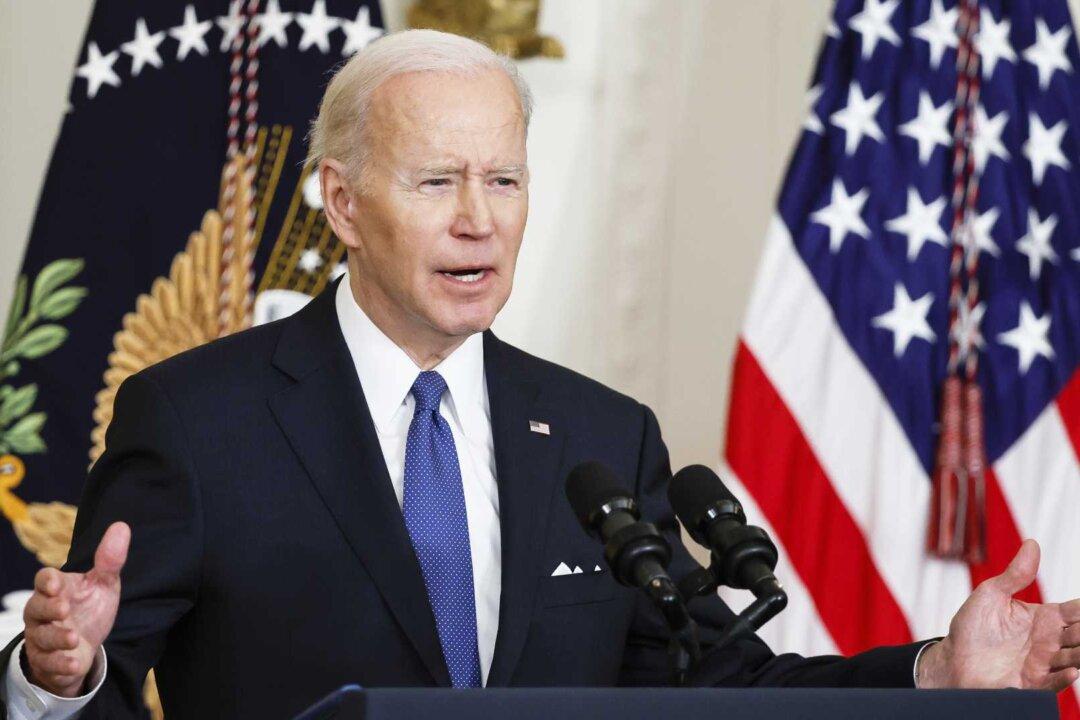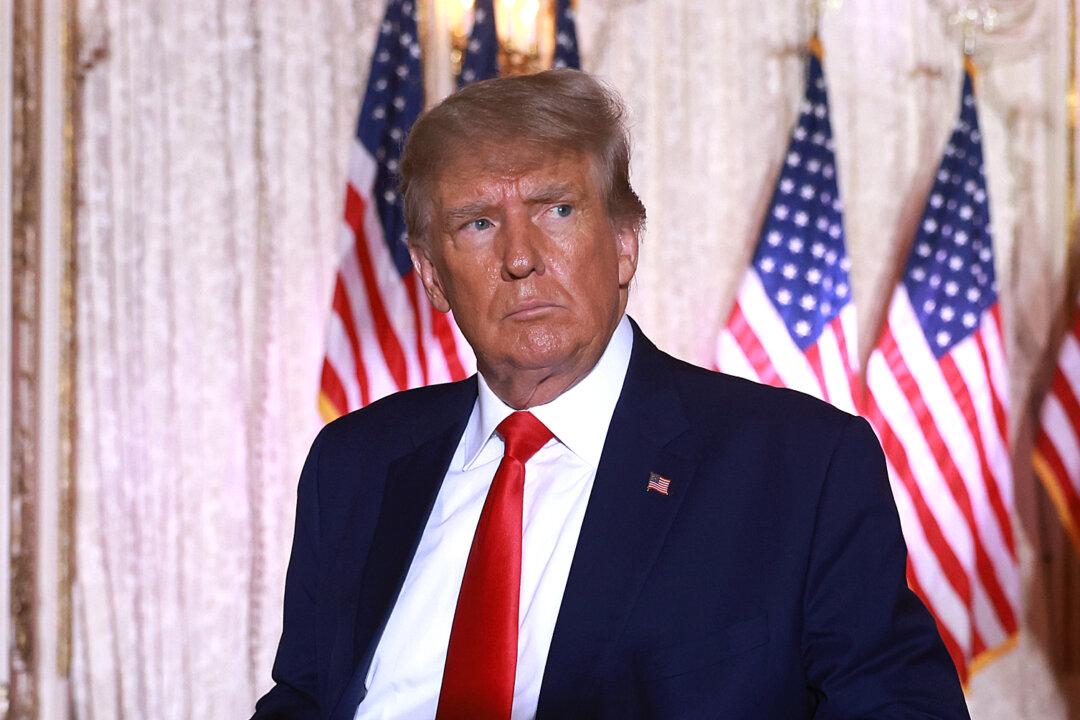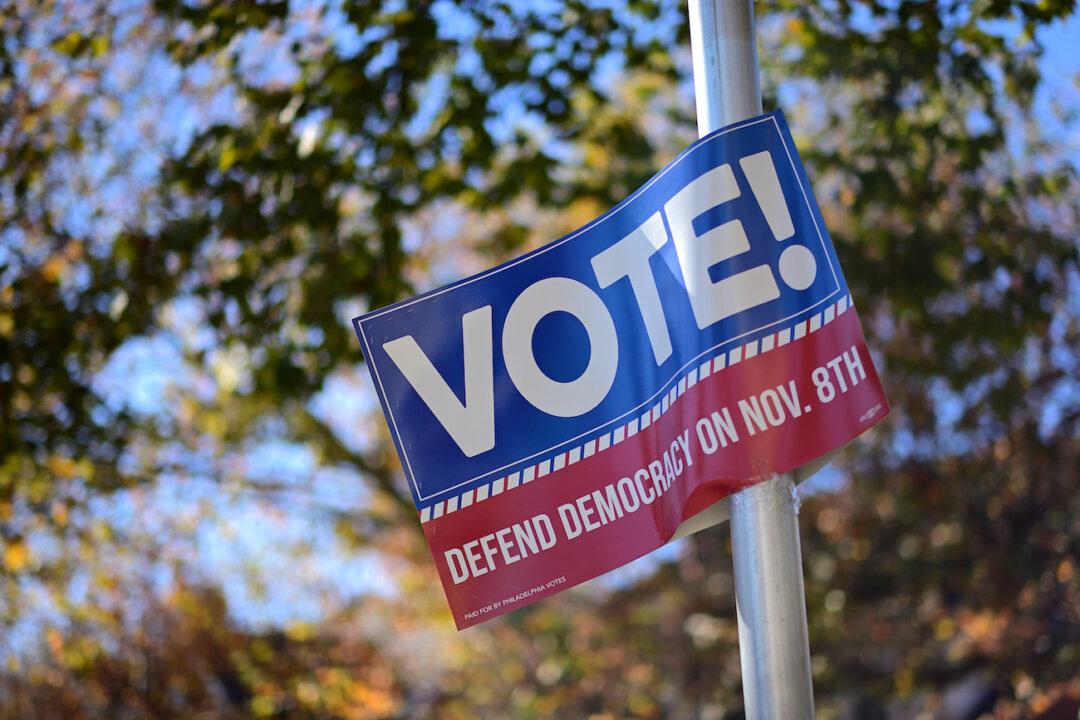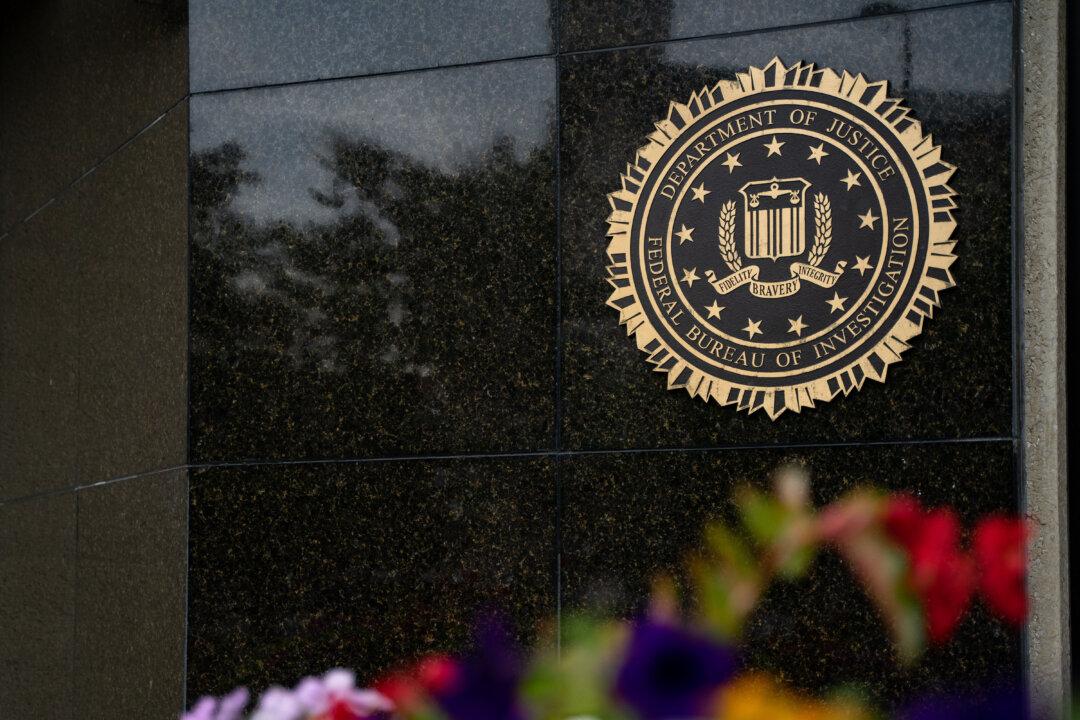Commentary
“At what point does Joe Biden’s verbal incontinence start to become a mortal threat to Americans?” asks Gerard Baker in The Wall Street Journal—a purely rhetorical question meant to be understood as signifying that it is at this point—the point of calling for régime change in Russia, as Biden did recently—that he becomes a mortal threat to Americans.





